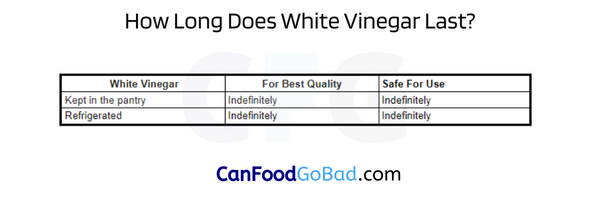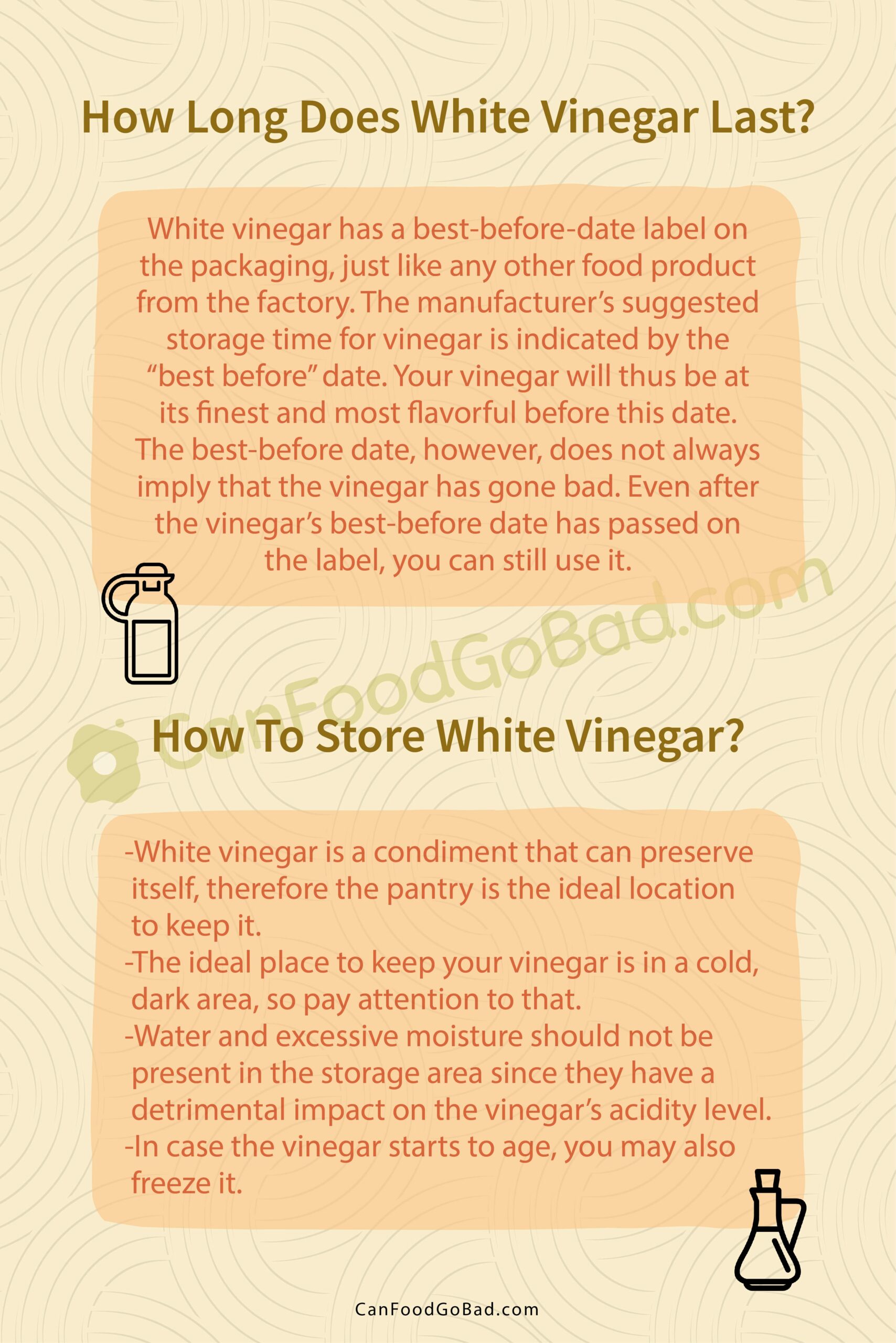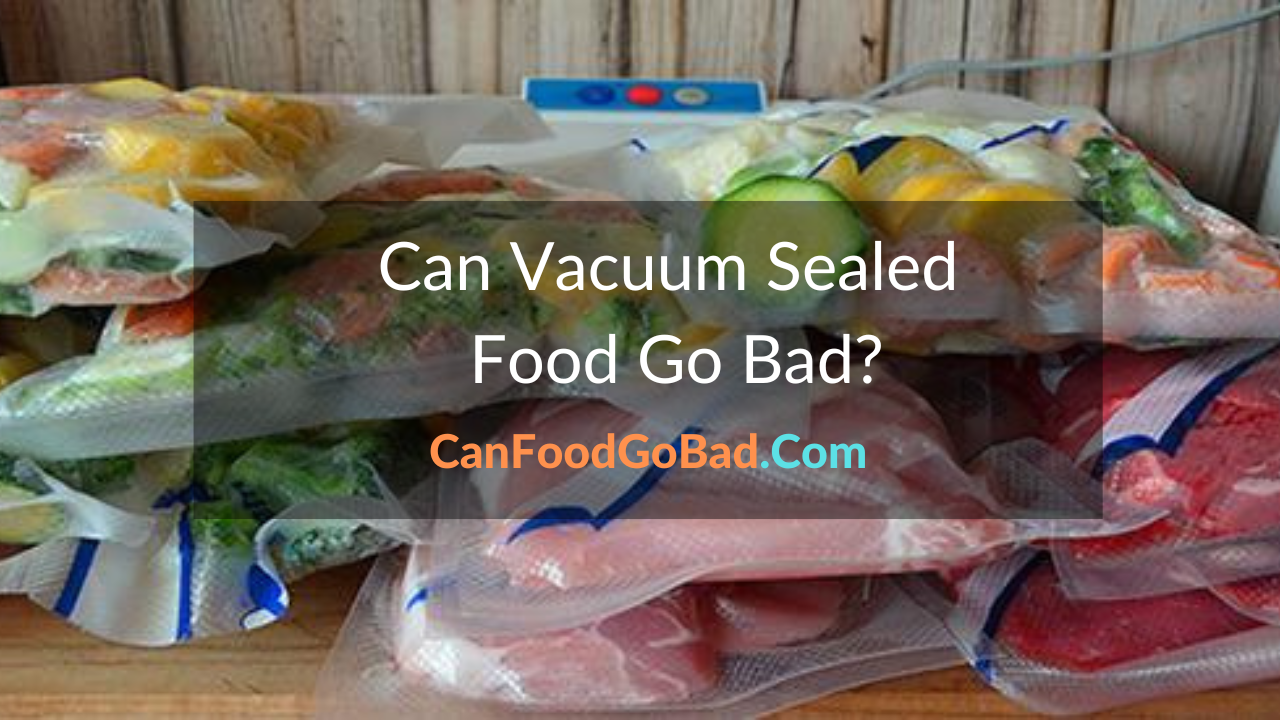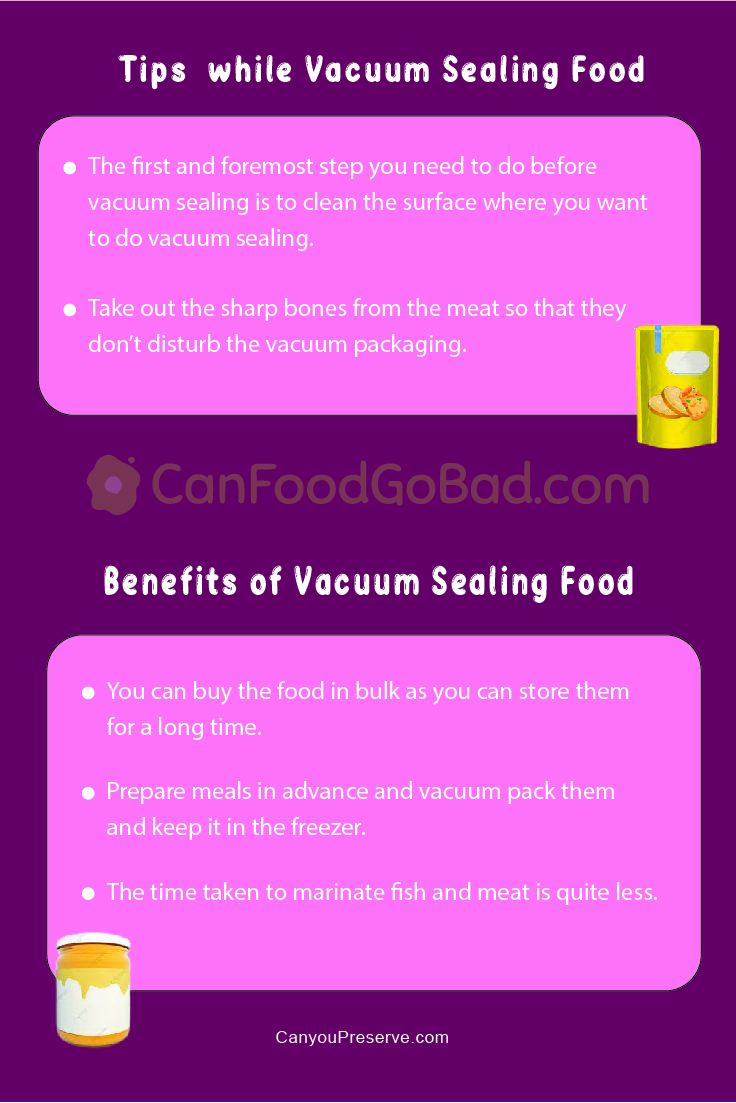How Long Does Tomato Juice Last?: Have you ever bought a bottle of fresh tomato juice and now wonder how long tomato juice last? Or maybe a bottle is lying in your kitchen pantry for quite some time, so you are searching for its shelf life and expiry dates. If any of the above-mentioned situations sound familiar to you, then this article is all that you need.
Tomato juice is extremely beneficial for health and possesses skin healing benefits. After all, Vitamin C, the most abundant macronutrient in tomatoes, brings a glow to the skin. In this article, we will be telling you everything about tomatoes’ shelf life, expiry dates, and storage techniques. Grab that glass of chilled tomato juice and read through!!
- How Long Does Tomato Juice Last?
- How To Store The Tomato Juice?
- How To Tell If Tomato Juice Has Gone Bad?
- How long will the homemade tomato juice last in the fridge?
- What can you do with leftover tomato juice?
- What is tomato juice good for?
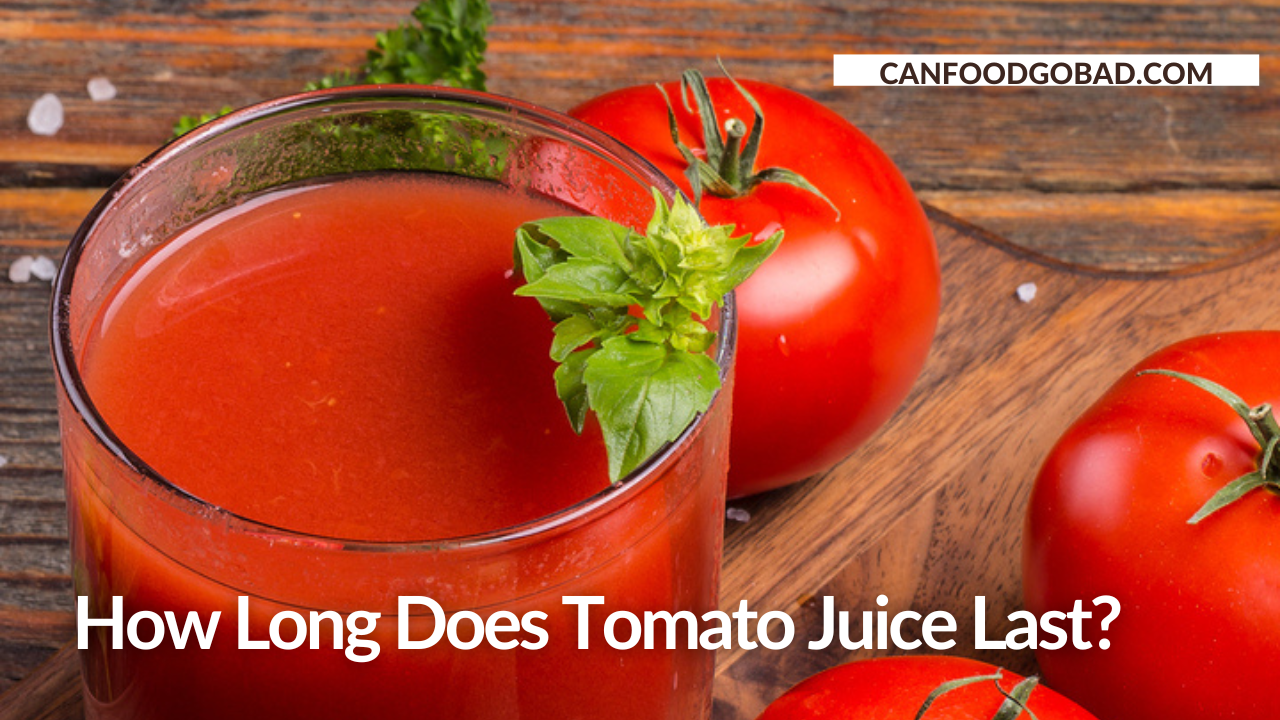
How Long Does Tomato Juice Last?
The shelf life of your tomato juice heavily depends on the aisle in which it was being sold in the supermarket. If the juice was being sold in the unrefrigerated section, then it may last longer as it contains many artificial preservatives. On the other hand, the “fresh” and refrigerated tomato juice will last up to 10 days in your freezer.
The least lasting juice will be the one made at home. So, it is better that you consume the homemade juice in a single sitting, or else you might have to freeze it. Here, we will be telling you the estimated shelf life of various categories of tomato juice.
| Type of Tomato Juice | Shelf Life at Room Temperature | Shelf Life in the Freezer |
|---|---|---|
| Homemade Tomato Juice | 1 day | Up to a week |
| Unopened and Unrefrigerated Tomato Juice | 5-7 days | 2-3 months |
| Unopened and Fresh Tomato Juice | 2-3 days | Up to a month |


How To Store The Tomato Juice?
Now that you are on a quest to eat healthy meals, it may feel natural to buy a lot of juices and fruits. However, your efforts will go in vain if you fail to preserve your “organic” foods properly. No worries !! We got your back. In this section, we will be telling you every single tip and strategy to store your tomato juice like a professional. All you need is some patience and a working refrigerator.
- If you had bought unrefrigerated tomato juice, then you can safely leave the bottle unopened on your kitchen counter for at least a week. After opening it, ensure that you put back the cap after use to prevent any outside exposure.
- On the other hand, if you have fresh and organic tomato juice, then it is better to place it inside the refrigerator, be it opened or unopened. It should be your habit to pour out the juice into a glass and lock away the rest of the bottle.
- Lastly, if you have made tomato juice in your kitchen, then you should unhesitantly go for the freezing pathway. The homemade juice lacks any preservatives, thereby making it necessary to keep it in the freezer 24×7.
- Keep the metal can away from heat and flame as they can be inflammable.
If you are wondering Does Tomato Paste Go Bad and how long Tomato Paste then this article is for you.
How To Tell If Tomato Juice Has Gone Bad?
Unlike other solid food items which display their traits easily, perishable drinks such as juices and smoothies are hard to label as spoiled at any given moment. However, there are a couple of methods that you can employ to identify the juice spoilage among the cartons of tomato juice. We will tell you about these signs in a detailed manner. Let’s dive in !!
If the can, which contains tomato juice, is swollen, broken, or has dented surface that was not the case when you bought it, then it indicates juice spoilage. You should immediately get rid of such juice cans as they might leak, or even worse burst, at any given moment.
- The smell is off. Usually, tomato juice has a tomato-like aroma along with a hint of salt. If you smell any “funny” odor, then throw away the packing as the juice might have gone bad.
- When tomato juice starts tasting weird or bitter, instead of sweet and salty, then you should cautiously throw away this juice. This red flag is most commonly seen in homemade tomato juice.
- If you discover mold on the edges of the juice’s glass or inside the can’s lining, then it is time to bid farewell to your tomato juice. The cans stored in warm places or under direct sunlight have the highest probability of going bad due to mold.
Read More: How Long Do Tomatoes Last
FAQs on How Long Does Tomato Juice Last
1. How long will the homemade tomato juice last in the fridge?
To be honest, the exact shelf life of homemade tomato juice depends on the quantity of several ingredients and the quality of the fruits used. However, as a rough estimate, average tomato juice will last up to 7-10 days inside the fridge if you have properly bottled it.
2. What can you do with leftover tomato juice?
If you are left with a lot of dispensable tomato juice, then you can simply pour it into the sauce that you might have been making. Also, you can garnish your sausages with it or make delicious Mexican rice with it. There are almost infinite recipes that you can choose from if you wish to use your leftover tomato juice.
3. What is tomato juice good for?
Tomato juice is an extremely healthy beverage that can be consumed anytime and anywhere. It is rich in Vitamins A, D, C, and K. Moreover, the overwhelming amount of fiber in tomato juice makes it an ideal drink for reducing cellular inflammation, thereby drastically reducing the chances of developing cancer. So, you should try consuming an optimum amount of tomato juice every day.
Summary
Tomato juice can be the savior recipe when you have kilos of leftover tomatoes at your place. Also, any tomato puree can be easily transformed into delicious tomato juice. The best part about this juice is that it can be consumed both in cool and warm states.
So, we hope that next time you are busy grinding tomatoes for juice, the storing worries are the last thing on your list. Stay tuned for more such articles like Can You Freeze Tomato Paste and about your favorite food items and complimentary beverages.







